The gathering served as a powerful platform for advocating the preservation and recognition of minority languages, particularly Kurdish, in a nation grappling with complex cultural and linguistic landscapes.
Hundreds of residents from diverse backgrounds congregated near the iconic Grand Mosque, their voices resonating in solidarity. Banners emblazoned with slogans like "Our language is our identity!" and "Education in our mother tongue!" fluttered proudly, reflecting the fervent aspirations of the crowd.
Faruk Dinç, HÜDA PAR's Mersin deputy and Diyarbakır Metropolitan Mayor candidate, electrified the atmosphere with his address delivered in Zaza, a Kurdish dialect. His words resonated with deep conviction: "We refuse to be silenced! Our languages are the very threads that weave our heritage, and we will fight relentlessly for their rightful place in society!"
"When we claim the seat of Diyarbakır Metropolitan Municipality, language courses in every neighborhood will become a reality! We will not rest until our mother tongues are recognized as official languages, echoing proudly within the walls of our schools!” he declared.
Dinç's impassioned speech served as a prelude to a powerful statement delivered by Ata Yüksel, HÜDA PAR's Tunceli Municipality Mayor candidate. His voice resonated with the gravity of the occasion: "February 21st is not just a celebration of linguistic diversity; it's a stark reminder of the countless languages facing the threat of extinction. The loss of a language is not merely a cultural void; it's an assault on the very identity of its speakers!"
"The fight to preserve and nurture the freedom of languages is not just a political pursuit; it's a sacred duty! We must stand shoulder-to-shoulder, united against those who seek to suppress our voices and extinguish our cultural flames!" he stated.
Yüksel went on to say: "Let us build a world where the walls of language crumble, and every child has the right to flourish and learn in the language that cradled their first words! Today, we march for our mother tongues, but tomorrow, we march for a future where diversity is embraced, not ostracized!"
The event resonated far beyond the bustling streets of Diyarbakır, sparking conversations and igniting debates across the nation. HÜDA PAR's unwavering stance on mother tongue rights reflects a growing sentiment within Turkish society, urging authorities to embrace the richness of linguistic diversity and implement policies that foster inclusion and cultural respect.
While challenges remain, the voices that rose in Diyarbakır serve as a beacon of hope, reminding us that the fight for cultural heritage and linguistic equality is far from over. As communities continue to advocate for their mother tongues, we can only hope that their voices will pave the way for a more inclusive and vibrant future for Türkiye's linguistic landscape.
This extended version delves deeper into the emotions and motivations of the participants, providing a more nuanced understanding of the event's significance. It also expands on the broader implications of the movement, highlighting the ongoing debate and potential impact on Turkish society. (ILKHA)
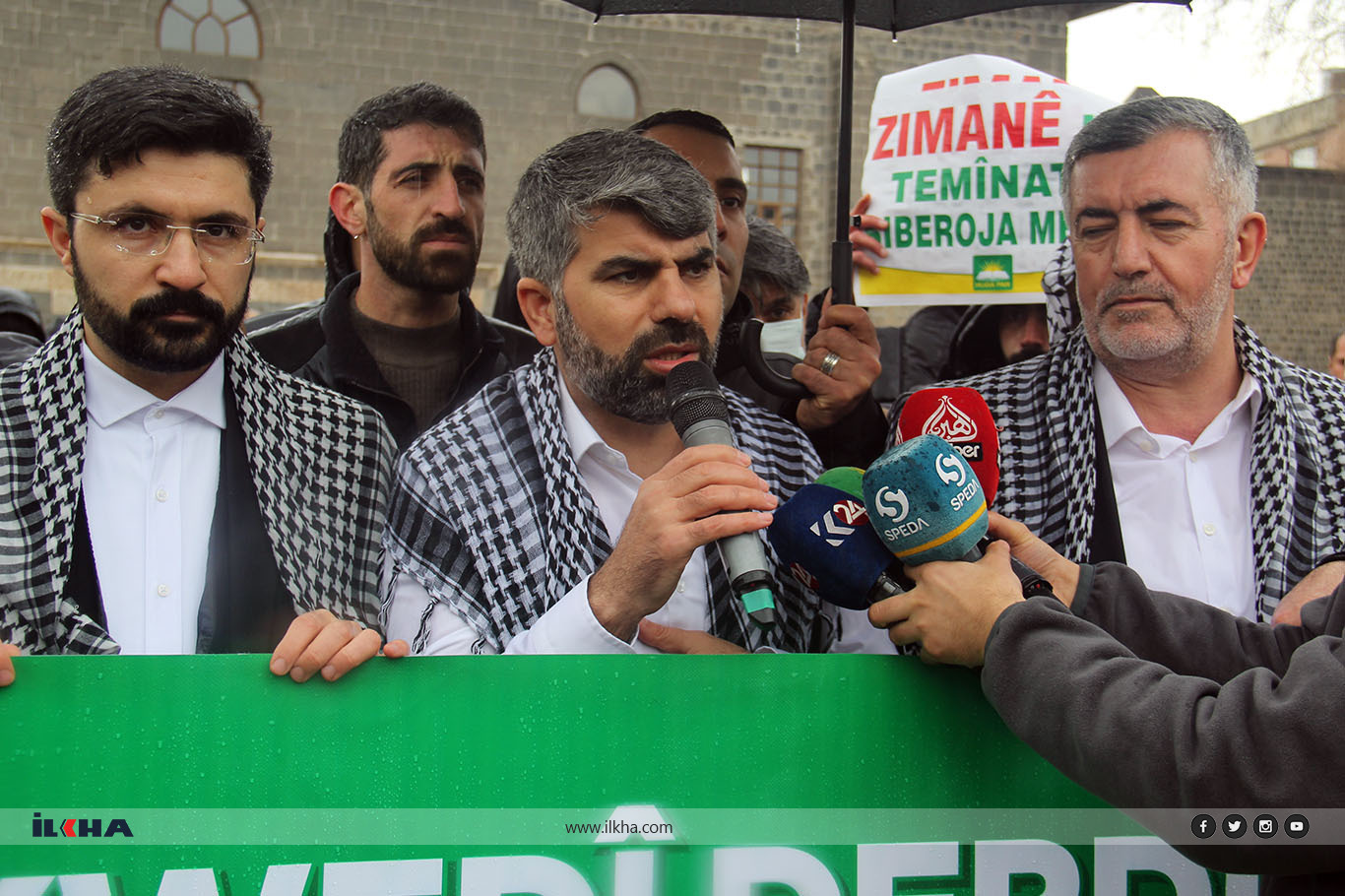
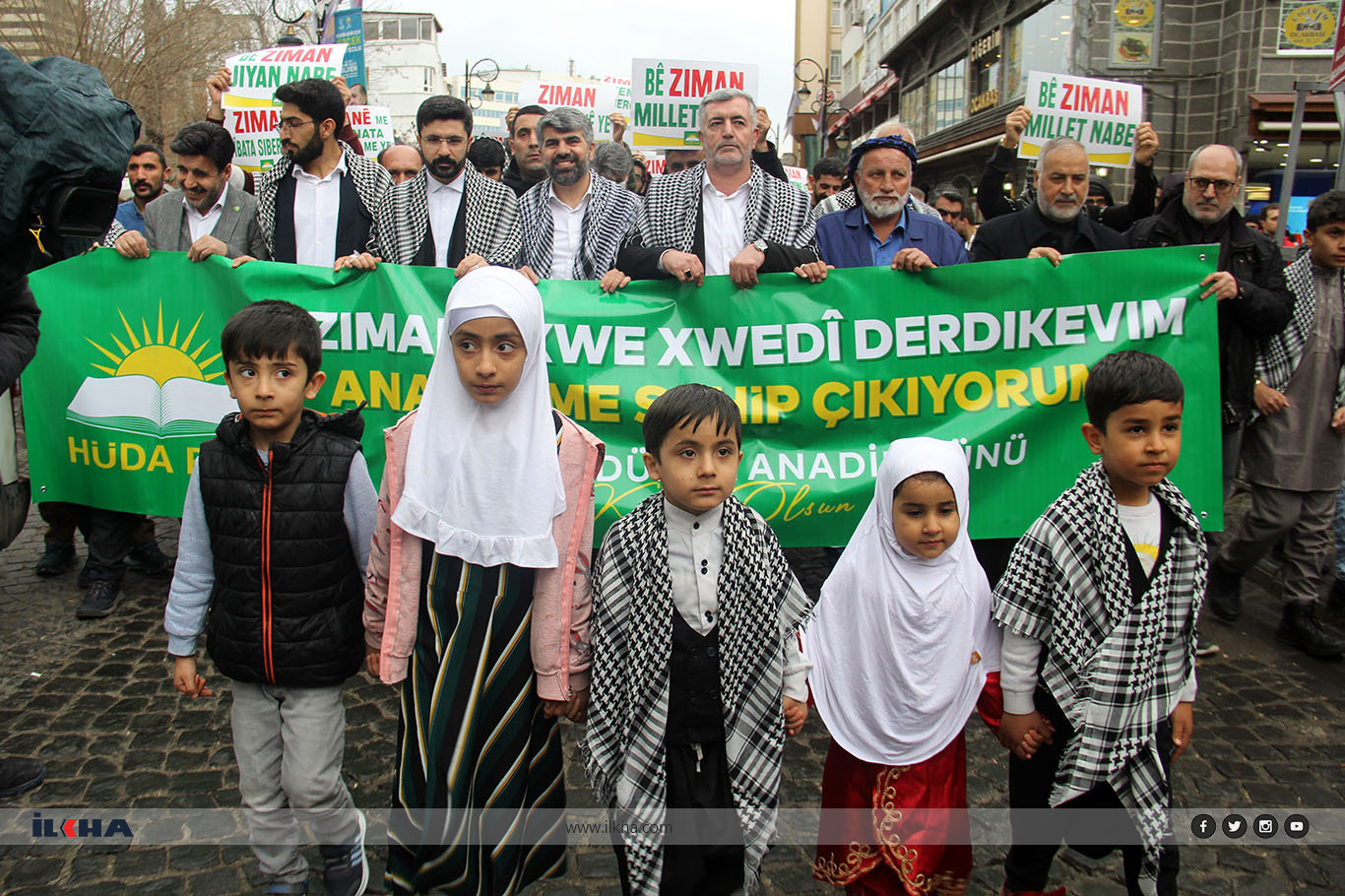
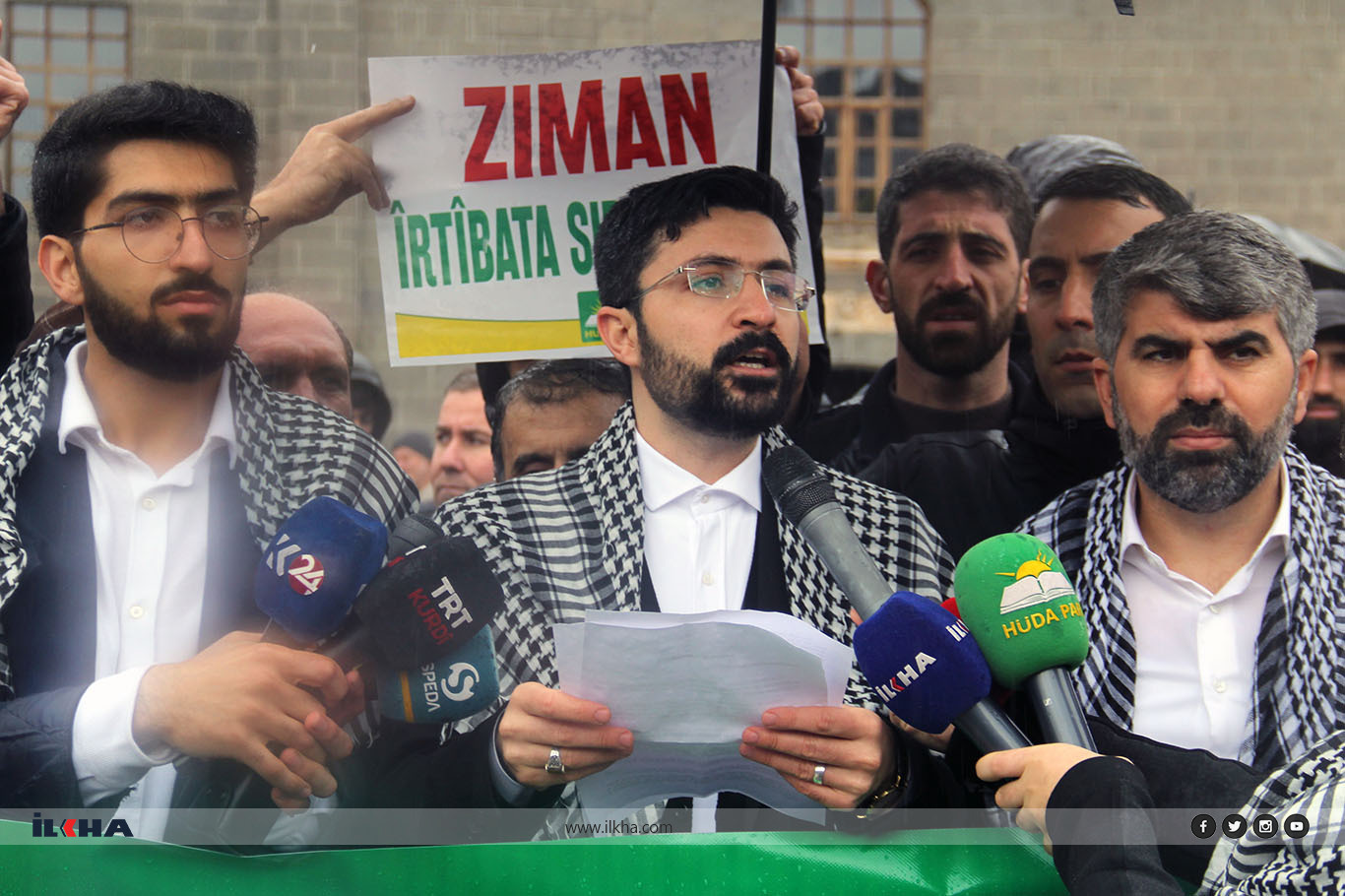
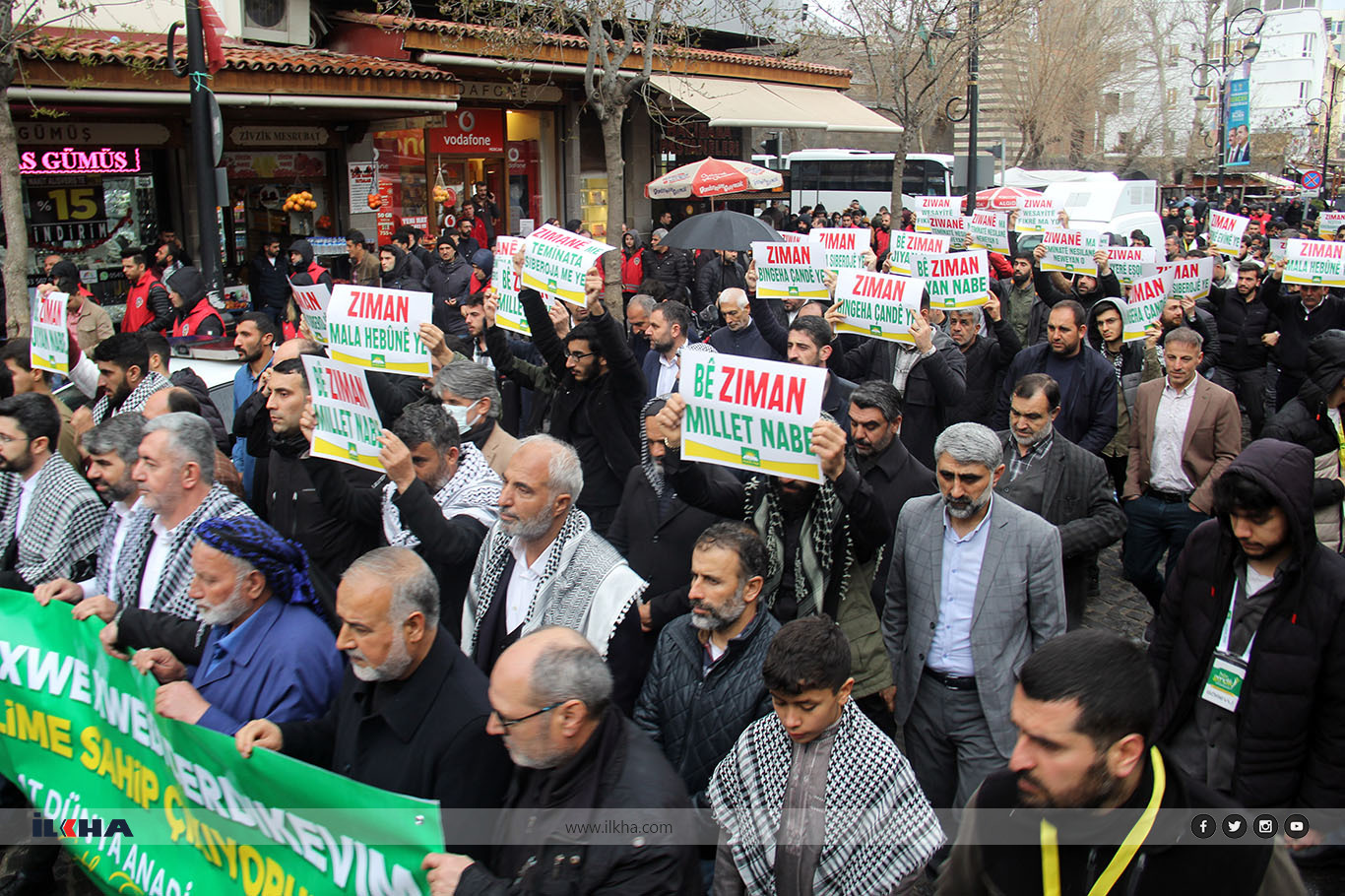
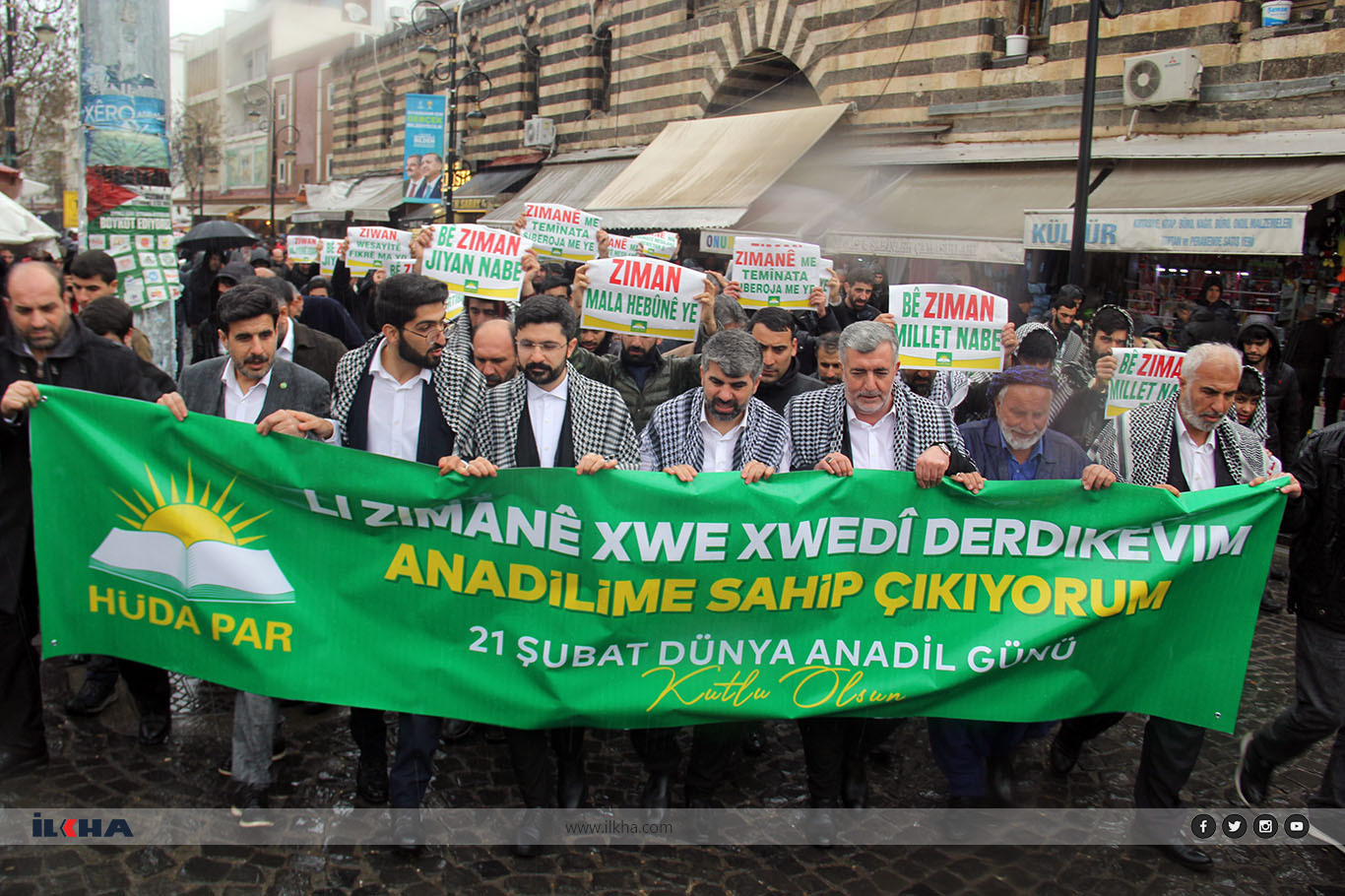

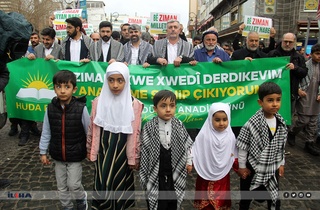

 Dünya
Dünya
 Güncel
Güncel
 Dünya
Dünya
 Dünya
Dünya
 Güncel
Güncel
 Spor
Spor
 Güncel
Güncel
 Dünya
Dünya
 Güncel
Güncel
 Dünya
Dünya





